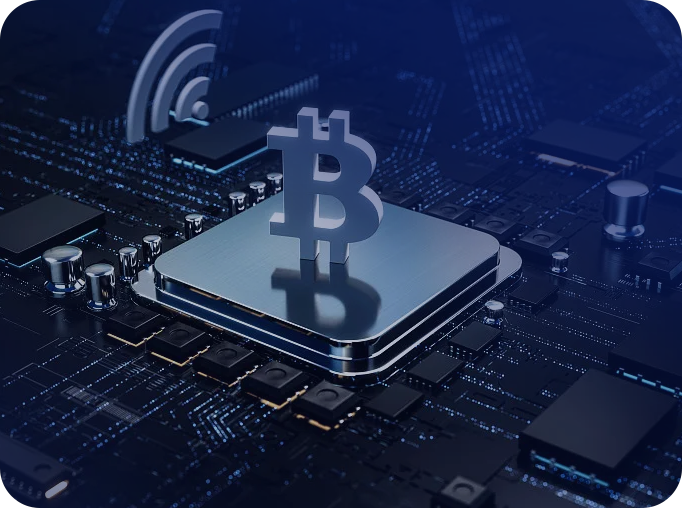What is the block reward concept
Blockchain rewards typically refer to incentives or compensation received by participants for contributing to the network in a blockchain network. These rewards can take various forms, depending on the type of blockchain and the consensus mechanism. Here are some common blockchain reward concepts:
1. **Mining Rewards**: In blockchains like Bitcoin that use the Proof of Work (PoW) consensus mechanism, miners create new blocks by solving complex mathematical puzzles to verify and record transactions. Miners who successfully mine a block will be rewarded with a certain amount of cryptocurrency. This is the most common form of reward in blockchain networks.
2. **Interest Rewards**: Some blockchain platforms, such as some Proof of Stake (PoS)-based networks, offer interest rewards based on the amount and time of cryptocurrency held by users. This reward encourages users to hold rather than trade their currency.
3. **Transaction Fees**: In addition to block rewards, miners or validators may also earn income from transaction fees in the network. When users make a transaction, they usually pay a fee that is included in the block and earned by the miner who mined the block.
4. **Staking Rewards**: In consensus mechanisms such as PoS or Delegated Proof of Stake (DPoS), users can participate in the network's validation process by staking their tokens. In return, they may be rewarded with newly created tokens or transaction fees.
5. **Yield Mining**: In decentralized finance (DeFi) projects, users can earn rewards by providing liquidity to liquidity pools on decentralized exchanges. These rewards are usually distributed in the form of project tokens to incentivize users to provide liquidity to the platform.
6. **Governance Rewards**: Some blockchain platforms allow users to participate in the governance of the network, such as voting on network upgrades or changing protocol parameters. Users who participate in governance may receive tokens as rewards.
7. **Referral Rewards**: Some blockchain projects offer referral rewards to expand their user base. Referrers may receive rewards when they refer new users to the network and engage in specific activities (such as purchasing tokens, participating in mining, etc.).
These reward mechanisms are an important means for blockchain networks to attract and maintain user participation, and they help ensure the security, decentralization, and continuous operation of the network. Different types of blockchains and different use cases may employ different reward models.

